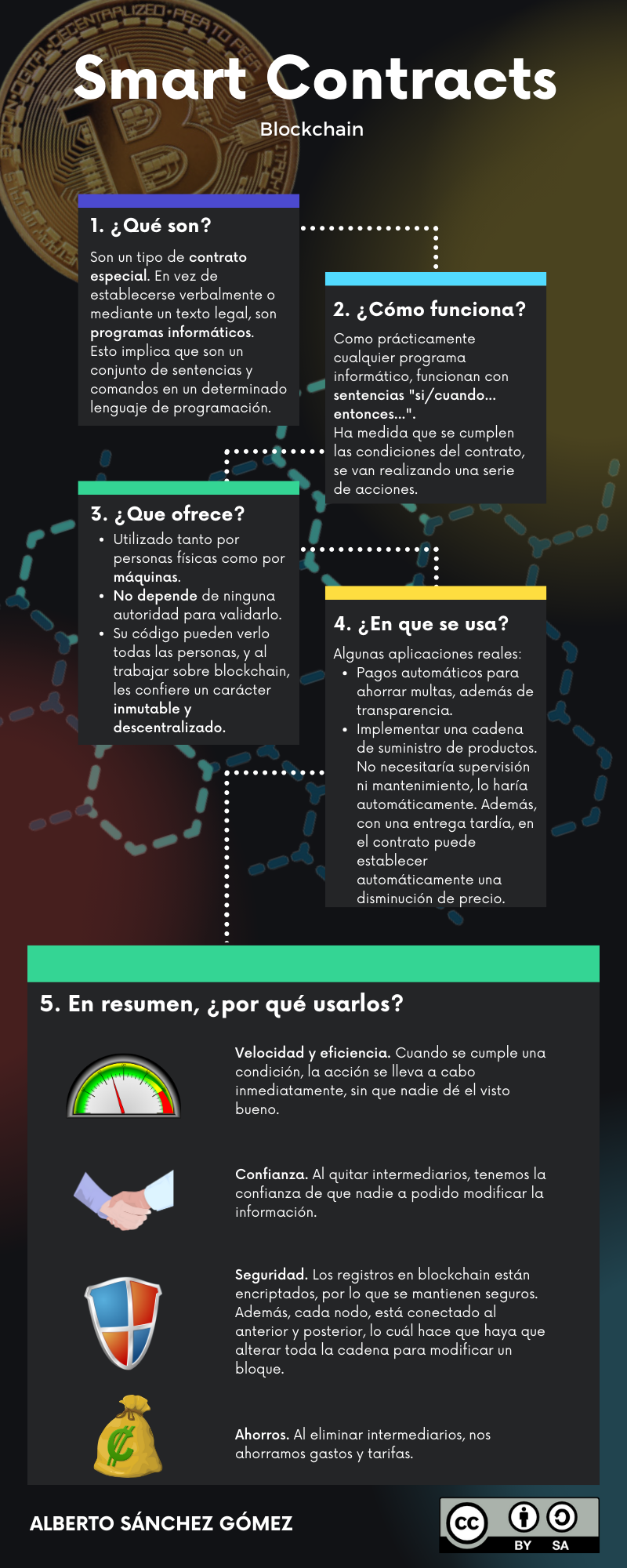To ensure the security of your blockchain applications, it’s crucial to conduct a comprehensive smart contract audit using a checklist that covers all potential attack vectors. In this article, we’ll provide an in-depth guide to a smart contract audit checklist to help you identify and mitigate potential security risks.
What is a smart contract audit checklist?
A smart contract audit checklist provides a comprehensive assessment of the security, functionality, and accuracy of a smart contract. The checklist includes a set of criteria and guidelines that must be evaluated to ensure that the smart contract is secure and free from vulnerabilities. Auditing a smart contract involves analyzing its code, looking for potential flaws or weaknesses, and testing the contract’s behavior under different scenarios.
Why is a smart contract audit checklist important in CyberSecurity?
Smart contracts are an essential component of many Blockchain applications, and they handle significant amounts of digital assets and sensitive information. If a smart contract has vulnerabilities or inaccuracies, it can expose the system to various CyberSecurity risks, including data breaches, financial losses, and regulatory compliance issues. A smart contract audit checklist helps to reduce these risks and ensure the integrity and reliability of smart contracts.
Our Checklist
1. Solidity Version Control
Solidity is the programming language used to write smart contracts on the Ethereum platform. It’s essential to ensure that your smart contract code is written in the latest version of Solidity and that you’re using the appropriate version for your specific application.
2. Contract Logic
The logic of your smart contract should be thoroughly tested and reviewed to ensure that it performs as intended. This includes checking the syntax, returning values, handling exceptions, and the flow of control within the contract.
3. Authorization and Access Control
Access control is critical when it comes to smart contracts. It’s important to ensure that only authorized users can access and modify data within the contract. This includes setting up administrative functions, permission levels, and role-based access control.
4. Input Validation
Input validation is a crucial aspect of smart contract security. Every input parameter should be checked for validity before being processed to prevent potential attacks such as SQL injection, buffer overflow, and integer underflow/overflow.
5. Error Handling
Smart contracts should have robust error handling mechanisms to prevent unexpected behavior and provide feedback to users in case of failure. This includes checking for explicit and implicit errors, recovering from errors, and logging errors for debugging purposes.
6. Gas Usage Optimization
Gas is the unit of measurement for computational complexity on the Ethereum network. Optimizing gas usage is essential to minimize transaction costs and maximize efficiency. This includes reducing the number of storage operations, using assembly language, and minimizing the use of loops and conditional statements.
7. External Calls
Smart contracts can interact with other contracts on the Ethereum network. It’s important to ensure that external calls are made securely and that input parameters are validated before being passed to other contracts. This includes checking for re-entrancy attacks, race conditions, and ensuring that the calling contract has enough gas to complete the operation.
8. Environmental Risks
The Ethereum network is an ever-evolving ecosystem, and environmental risks such as software upgrades, network forks, and consensus rule changes can impact the security of smart contracts. It’s important to keep up-to-date with the latest developments and monitor the network for potential risks.
How can companies ensure the effectiveness of their smart contract audit checklist?
To ensure the effectiveness of their smart contract audit checklist, companies should follow these best practices:
1. Hire experienced auditors: Smart contract auditing requires a high level of technical expertise and knowledge of Blockchain technology and CyberSecurity.
2. Use automated tools: Automated tools can help auditors to identify vulnerabilities and weaknesses more efficiently and accurately.
3. Conduct regular audits: Smart contracts should be audited regularly to ensure that they remain secure and compliant with evolving regulations and industry standards.
4. Emphasize transparency and collaboration: Auditors should work closely with all stakeholders to ensure that everyone understands the audit process and its findings. Transparency and collaboration can also help to build trust and confidence in the smart contract’s security and reliability.
Conclusion:
A smart contract audit can help identify potential security risks and vulnerabilities in your blockchain applications. By following a comprehensive smart contract audit checklist, you can ensure that your smart contracts are written securely, and your applications are protected against potential attacks.
At AdvancedEthicalHacking.com, we’re committed to providing you with the latest cybersecurity news, insights, and best practices. For more information about smart contract audits and other cybersecurity topics, please visit our website.
